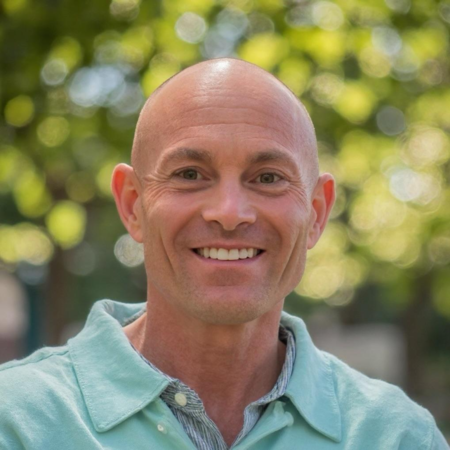
For Brian Ferdinand, success has never been about comfort. It’s been about movement — in the markets, in business, in life. From the trading floors of New York to the boardrooms of ambitious startups, his career has been defined by risk, scale, and the constant push to break new ground.
Now, after two decades of bold ventures, big wins, painful setbacks, and hard-earned wisdom, Ferdinand is entering what he calls his “second surge.” It’s not a comeback in the Hollywood sense. It’s more disciplined. More reflective. And perhaps, more powerful — because it’s rooted in a deeper understanding of what truly works, and what doesn’t.
The Rise: Building a Global Trading Powerhouse
Ferdinand’s origin story is steeped in hustle. In 2003, he was the lone New York representative for a little-known proprietary trading firm, ECHOtrade — a startup with ambition but limited reach. That didn’t last long.
With Ferdinand at the helm of expansion, ECHOtrade rapidly grew into a high-performance machine. He scaled its trader base from a few dozen to nearly 900 licensed professionals across multiple global offices. More than a skilled recruiter, he was an early adopter of direct-exchange connectivity, algorithmic trading strategies, and advanced risk controls — well before such tools became industry standard.
Over a four-year window, those innovations drove over $400 million in trading profits. He wasn’t just riding trends; he was helping shape them.
“Speed, structure, and scalability — those were the levers,” Ferdinand recalls. “We weren’t just reacting to the market. We were building systems to anticipate it.”
At ECHOtrade, he cultivated a culture where data ruled, strategy scaled, and performance spoke louder than pedigree. It was, in many ways, his natural habitat — a place where market instincts met mathematical precision.
Beyond the Market: Ambition Meets Complexity
Flush with trading success and emboldened by his momentum, Ferdinand stepped beyond Wall Street in the early 2010s. The mission: to apply his analytical, tech-forward mindset to entirely new sectors.
He co-founded a fintech brokerage technology firm, then pivoted into a fast-growing space — short-term rentals and urban hospitality. There, he saw inefficiencies ripe for disruption. Armed with a playbook built around automation, quality control, and data-driven scalability, he aimed to bring Wall Street rigor to Main Street hospitality.
For a time, the strategy worked. His ventures gained early traction, and the market — still nascent and largely fragmented — responded. Industry insiders took notice of the streamlined processes and systems-first mentality he brought to the space.
But scaling a service-heavy, operationally complex business is a different beast than trading. And soon, cracks began to show.
The Storm: Expansion, Execution, and Hard Lessons
Ferdinand doesn’t sugarcoat what happened next. His short-term rental venture hit turbulence — and hit it hard.
“In hindsight, we got ahead of ourselves,” he says. “Big vision. Strong teams. But the execution didn’t match the complexity of the model.”
Despite assembling seasoned operators — including former Big Four accountants and experienced hotel execs — Ferdinand admits he stayed too hands-off. He acted more as a capital partner and visionary than a daily operator, which left blind spots unchecked.
The result: major financial losses driven by a “perfect storm” of external and internal challenges — long-term leases with hidden costs and inflexible terms, labor union pressures, short-term investors with tight capital restrictions, and operational growing pains that outpaced infrastructure.
“I was the largest investor — and the biggest loser,” he says, matter-of-factly. “That’s the risk when you bet big and miss.”
But unlike many who quietly fade after a fall, Ferdinand took a different route. He examined the wreckage. He owned the mistakes. And most importantly, he learned.
“The biggest takeaway?” he reflects. “A business lives or dies by the people operating it. You can’t outsource accountability.”
The Pivot: Returning to What Works
By late 2023, Ferdinand made a decisive move: he began stepping away from all executive and board responsibilities tied to his ventures. By early 2024, he had fully exited operational roles — trading the title of CEO for a quieter, more focused life rooted in his core strength: the markets.
“It felt like taking a deep breath,” he says. “I realized I didn’t need to be in the boardroom to make an impact.”
Today, Ferdinand splits his time between Miami and London, immersed once again in charts, earnings reports, macroeconomic trends, and the pulse of the global financial system. He’s back to doing what first made him successful — trading, investing, and advising — but with more clarity and discipline than ever before.
This isn’t about reclaiming a title. It’s about reclaiming purpose.
“I’m not trying to build the next unicorn,” he says. “I’m focused on intelligent capital deployment, mentoring smart operators, and trading with a sharper lens.”
